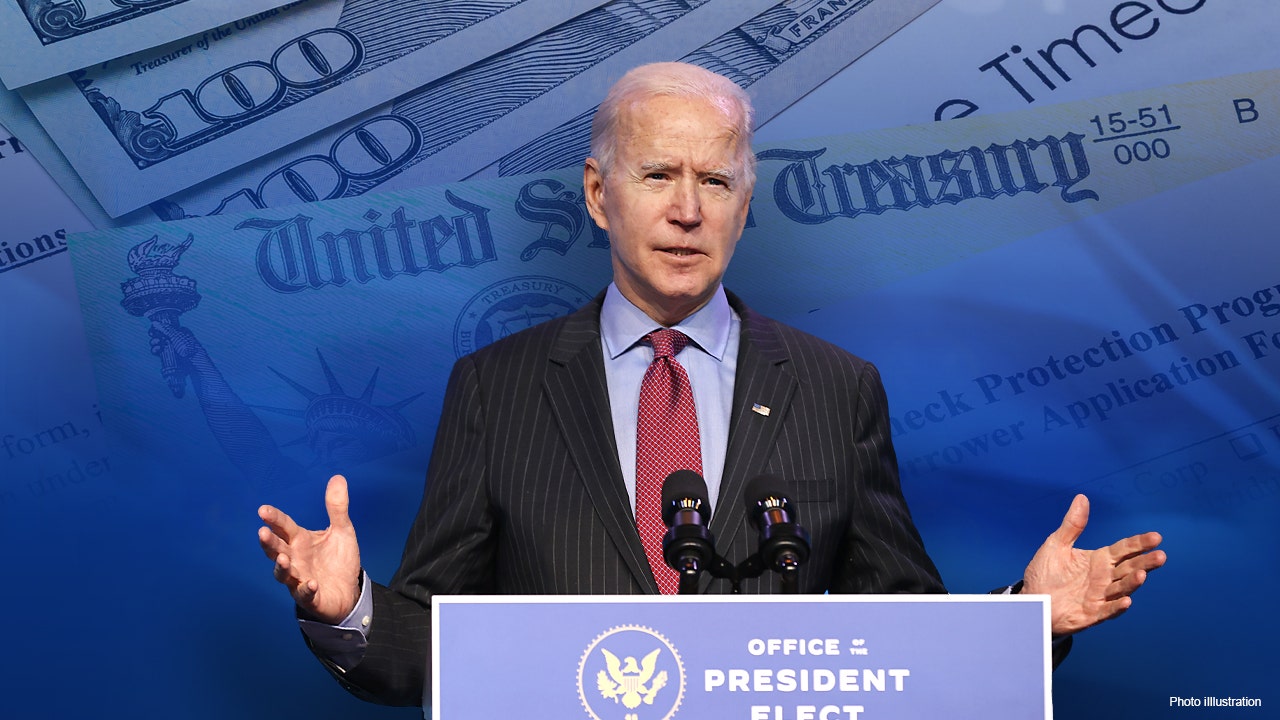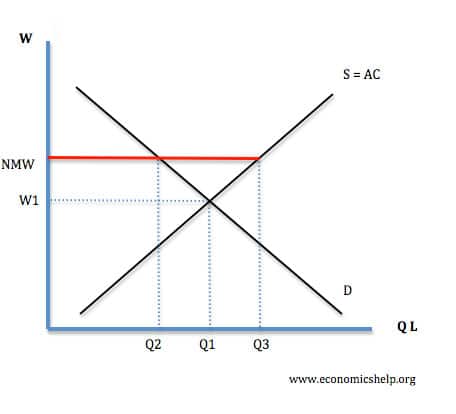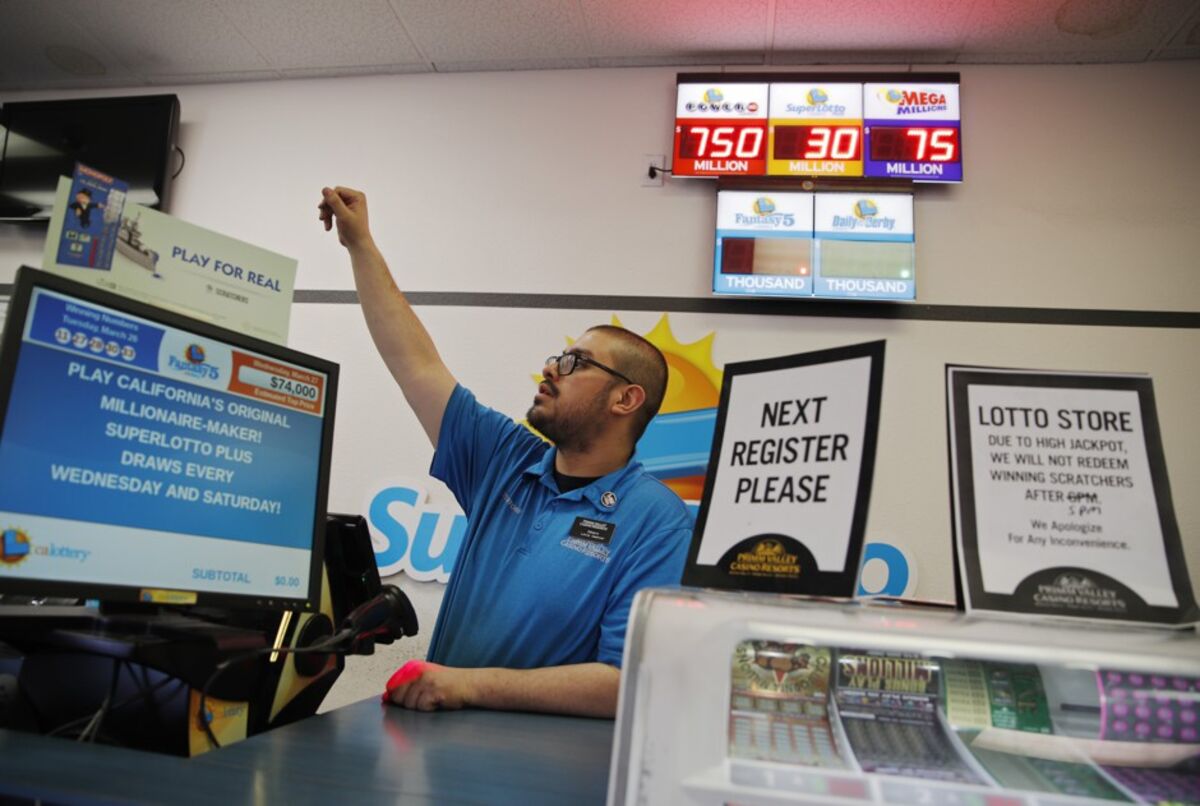airplanemechanic
Diamond Member
- Nov 8, 2014
- 17,997
- 13,101
- 2,415
Who would choose to eat a big Mac? Sludge that stuff is. A big reason for soaring healthcare costs.
I would. They're good, but the whopper is far better.
But that's some funny shit right there. Why don't you blame the fork while you're at it? I eat whoppers and tacos and shit all the time. I have zero health care cost related to what I eat. I've had a hernia and nasal surgery. I jog every day. I eat what I want to when I want to.
Fast food is one of the first places people get jobs to start their working careers. Why are you so against teens getting jobs? So few people work at minimum wage for any length of time its become an irrelevant number.
Last edited:





